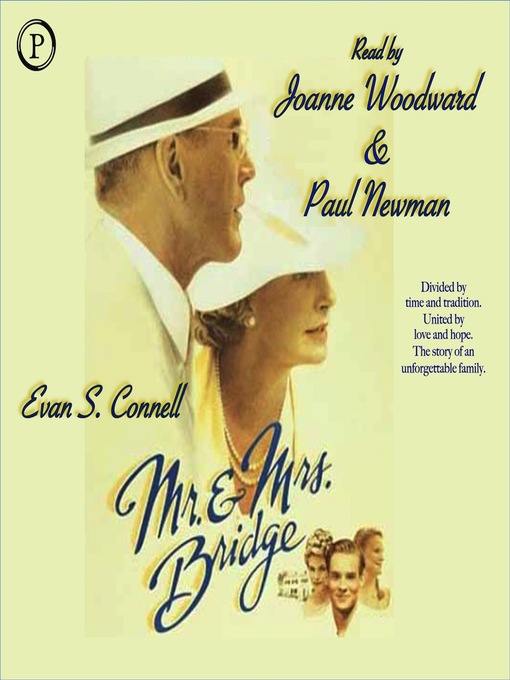

Mrs Bridge, somewhat disconcerted by Lucienne Leacock’s progressive ideas and a little frightened by Tarquin’s self-possession, nevertheless felt vaguely flattered at being the object of so much attention.” “Dr Leacock, like the majority of husbands, was seldom seen in the daytime, but Mrs Leacock and Tarquin liked to visit the neighbourhood, and within a few weeks of their arrival it had become evident that for some reason they had chosen Mrs Bridge as a special friend. I couldn’t work out if she was a victim of circumstance and the social restraints of the time, or if she was a victim because she asked questions, was scared by their answers and so brushed them under the carpet, as it were. You felt sorry for her, but from afar and sometimes she came across rather bigoted and snobbish.

She wasn’t likeable, yet she wasn’t unlikeable either. All this was done utterly masterfully, yet it did make me feel rather disconnected with her in some ways slightly too.

She might think things aren’t as she would wish and she might be bored, yet we as readers can see that she is clearly very unhappy and out of touch with her world. As the book goes on Mrs Bridge starts to ask questions about her life, initially small then looking at her life in a wider view. Connell writes her, and indeed the whole book, incredibly. Oddly, that isn’t a major criticism of the novel as I think Evan S. I found the character of Mrs Bridge a mixture of utterly fascinating on the one hand a rather annoying in her ineffectual nature by the other. Or were they hoping for another sort of daughter? As a child she was often on the point of inquiring, but time passed, and she never did.” It seemed to her that her parents must have been thinking of someone else when they named her. “Her first name was India – she was never able to get used to it. As the children spend more time away from their mother in the day and her husband, Walter, continues working like a maniac we watch as India finds with more free time she slowly starts to look at the life around her and questions it, is she actually fulfilled? Dare she even ask herself if she is happy? In the main she spends her time shopping, going to the theatre or cinema, playing bridge and giving or going to dinners. After having had her children and having watched them slowly distance themselves as they leave school we join her as she goes along with the life she has found herself in Kansas City. She married early, had children and became a housewife while her husband works all hours, though in a rather affluent area and easily able to have a maid.

The lady of the title ‘Mrs Bridge’, who is our protagonist throughout, has the life that many women of her time did. *** Penguin Modern Classics, paperback, 1959 (2012 edition), fiction, 187 pages, borrowed from the library


 0 kommentar(er)
0 kommentar(er)
